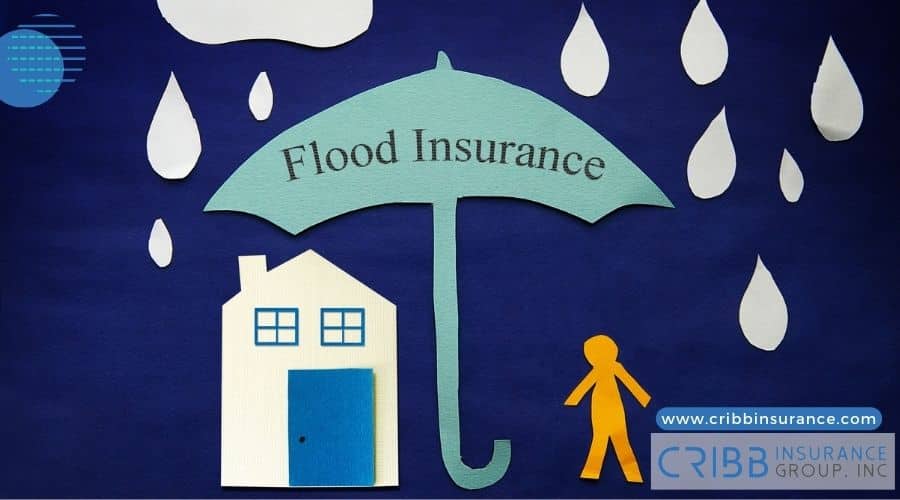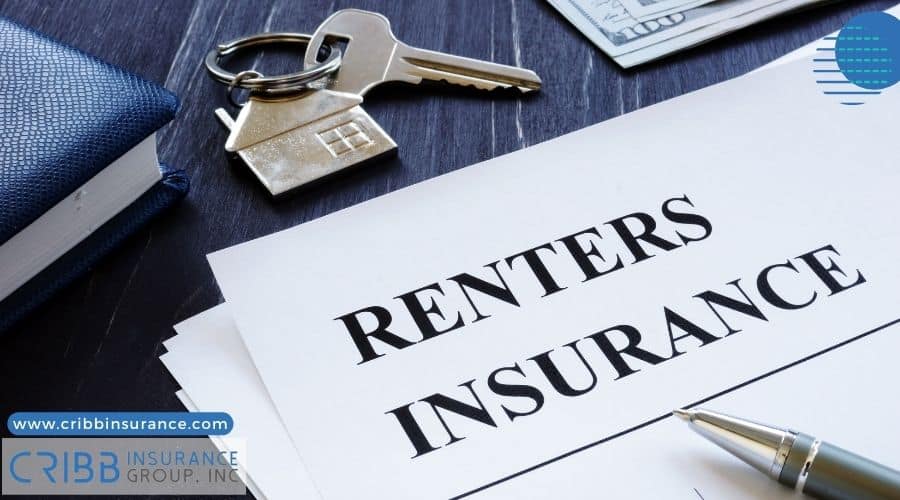As a renter, you may believe that you don’t need flood insurance, as your landlord’s insurance policy will cover you. However, this is not always the case, and you could be left facing costly repairs and replacements in the event of a flood. In this guide, we will explore the importance of flood insurance for renters, how to assess your risk, choose the right coverage, and prevent flood damage.
Understanding Flood Insurance for Renters
Flood insurance is a specialized insurance policy that covers damages caused by floods. It is not typically included in a standard renter’s insurance policy, and you must purchase it separately. Flood insurance policies are typically provided by the National Flood Insurance Program (NFIP) or private insurers.
It’s important to note that flood insurance policies have a 30-day waiting period before they go into effect. So, if you’re renting in an area with a high risk of floods, it’s important to get coverage well before the flood season.
Assessing Your Risk

Before purchasing flood insurance, it’s important to assess your risk of flood damage. Your risk is determined by a variety of factors, including your location, the history of flooding in the area, and the elevation of your rental property.
You can assess your risk by using the Federal Emergency Management Agency’s (FEMA) Flood Map Service Center. The website allows you to input your address and view a flood hazard map for your area. It’s important to note that even if your area is not in a high-risk zone, you could still be at risk of flooding.
Choosing the Right Coverage
There are two types of flood insurance coverage available for renters: contents coverage and building coverage. Contents coverage will protect your personal belongings from flood damage while building coverage will protect the physical structure of the building you’re renting.
When choosing flood insurance coverage, it’s important to consider the value of your personal belongings and the cost of replacing them. You should also consider the building’s value and the cost of repairs if it were to be damaged by a flood.
Obtaining Flood Insurance for Renters
You can purchase flood insurance from the NFIP or a private insurer. NFIP policies are available to anyone in a community that participates in the program. To purchase a private flood insurance policy, you will need to contact an insurance agent in your area.
When purchasing flood insurance, be sure to read the policy carefully and understand what is covered and what is not. You should also make sure you have enough coverage to protect your personal belongings and the building you’re renting.
Filing a Claim
If you experience flood damage, it’s important to file a claim as soon as possible. You will need to provide proof of the damage, such as photos or videos, and a detailed list of the damaged items.
It’s important to note that flood insurance policies have limitations on what they cover. For example, they may not cover damage caused by mold or mildew that could have been prevented by proper maintenance.
Tips for Preventing Flood Damage
While flood insurance can protect you financially, it’s also important to take steps to prevent flood damage from occurring. Here are some tips to help you prevent flood damage:
- Raise electrical outlets and appliances off the floor.
- Use sandbags or other barriers to redirect floodwaters.
- Keep gutters and drains clear of debris to prevent backups.
- Install a sump pump in your rental property’s basement or crawlspace.
Conclusion: Flood Insurance for Renters
Floods can happen anywhere, and renters need to be prepared with the right insurance coverage to protect themselves from financial losses. By understanding flood insurance, assessing your risk, choosing the right coverage, and taking preventative measures, you can stay dry and worry-free.

FAQs
Do I need flood insurance as a renter?
It depends on where you live and the level of risk of flooding in the area. If you live in a high-risk flood zone, it’s recommended to have flood insurance to protect your belongings in case of flooding. Even if you live in a moderate- to low-risk flood zone, it’s still a good idea to have flood insurance since flood damage can happen anywhere.
Will my landlord’s insurance cover my belongings in case of a flood?
No, your landlord’s insurance policy typically only covers the building and not your personal belongings. As a renter, it’s your responsibility to protect your belongings with renter’s insurance or flood insurance.
How much does flood insurance for renters typically cost?
The cost of flood insurance for renters varies depending on factors such as the location of the rental property, the level of flood risk in the area, the coverage amount, and the deductible. On average, flood insurance for renters can cost between $100 and $500 per year.
What does flood insurance for renters cover?
Flood insurance for renters typically covers the cost of repairing or replacing personal belongings damaged by floodwater. This includes furniture, electronics, clothing, and other personal property. Some policies may also cover the cost of temporary housing if the rental property is uninhabitable due to flooding.
How do I purchase flood insurance for my rental property?
You can purchase flood insurance for your rental property through the National Flood Insurance Program (NFIP) or a private insurance company. If you live in a high-risk flood zone, your landlord may be required to have flood insurance, which can also provide coverage for your personal belongings as a renter. Be sure to shop around and compare coverage options and prices before purchasing a policy.





